Home › 5 Top DTC Food Brands & What We Can Learn From Them
5 Top DTC Food Brands & What We Can Learn From Them
The rise of direct-to-consumer (DTC) food brands has been one of the most significant trends in the food industry over the past decade. Like all DTC segments, DTC food brands are largely driven by the changing preferences of consumers, advancements in technology, and shifts in how people shop and engage with brands. This is why DTC really took off during the pandemic where it served unmet consumer needs: availability, accessibility, and accountability.
There is a lot to learn from their successful tactics—whether you are in the same industry or not. So, we’ve put together 5 of the top DTC food brands making an impact and key learnings to take away from the way they’re approaching marketing.
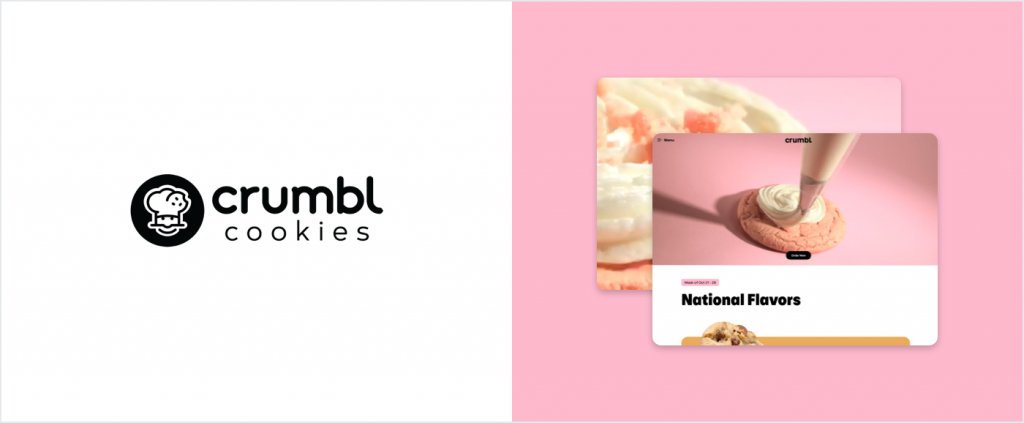
Crumbl Cookies
User-generated content
It’s not easy to get your customers to share their experience with your products, even if those products are great. Crumbl, though, has managed to crack the code. From their iconic pink packaging to their oversized, delectable-looking cookies, unboxing an order is an experience that begs to be shared. And, dozens of their customers do every day.
Another key to the Crumbl’s UGC success is their strategic release of new, limited edition cookies each week. The continuous cycle of new and innovative products keeps customers coming back to try the new cookies, eager to share their hot takes with the world.
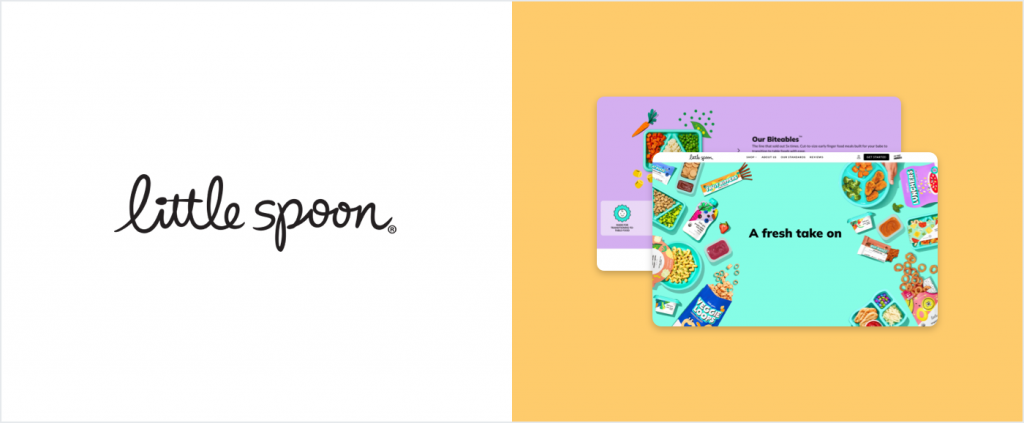
Little Spoon
Influencer Marketing
Little Spoon has built a community of over 2,000 “momfluencers” with follower counts ranging from as few 20,000 followers to over 1,000,000 followers. They’ve built that network incrementally over time deeply focused on making sure that each of the influencers were aligned with their brand mission, vision, and values.
Little Spoon has focused on building long term partnerships with their influencer network rather than shipping out one off campaigns. These ongoing relationships with their influencers allow their extended audiences to see Little Spoon as a brand that the influencer actually uses, loves, and trusts which is ultimately exactly what potential customers want to know before they buy. Plus, the extended relationships allow Little Spoon to showcase more of their product categories over time.
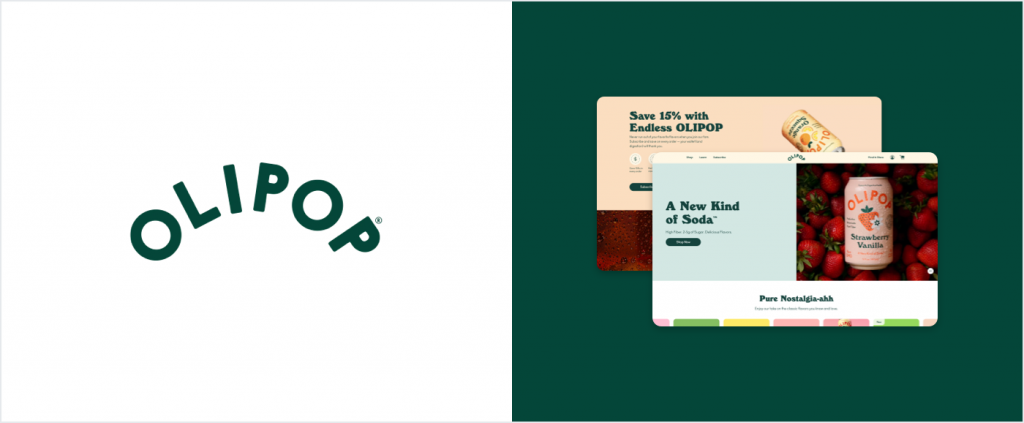
OLIPOP
TikTok Focus
With more than 451K followers and 2.3M likes on TikTok, Olipop has made the “trends start here” platform hold true to its tagline. The healthy soda alternative knew that they wouldn’t be able to just compete head to head against the behemoths of the beverage industry with their startup marketing budget so they intentionally went a very different direction.
Early in 2022, they decided to ditch the more traditional salesy messaging and hired Sara Crane, a content creator to represent the brand on TikTok. Crane leveraged TikTok trending audio and her personality to drive brand awareness and amass a real following of fans. Putting a face to the brands and focusing in on a platform where their top competitors weren’t as active on was a really smart move that was key to their success.
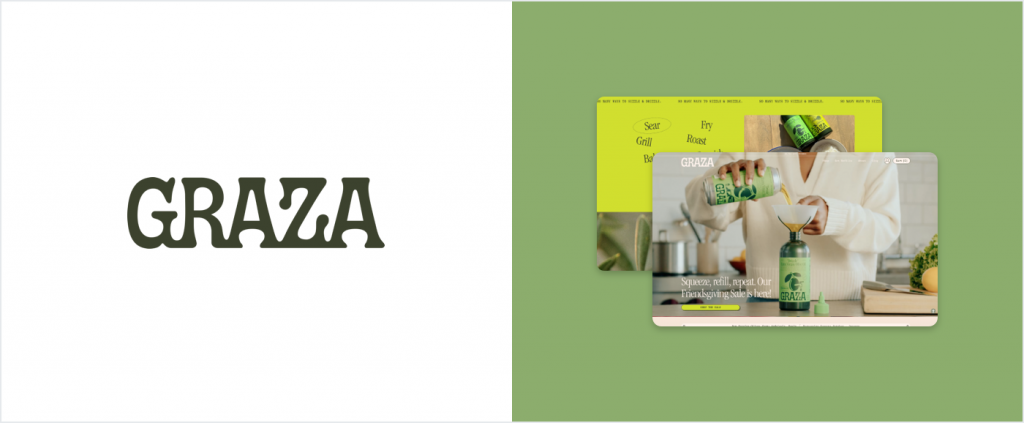
Graza
Innovative Packaging & Positioning
Graza launched their olive oil brand in 2022, spying a hole in the market they could perfectly position themselves in. They aimed to make high-quality, single source, fresh olive oil that was affordable; something every home cook could use that wasn’t available in stores at a price point that most consumers could afford.
Not only did Graza position themselves perfectly in the oil market, they also broke the mold on packaging. Oil has historically always been sold in either glass or plastic bottles that are a bit clunky to hold and costly to ship. Graza decided to innovate on the packaging front and ship their oil in squeeze bottles, similar in design to the ones professional chefs might use in a restaurant kitchen. They also sell their refills in aluminum cans that are nitrogen sealed and opaque to protect the olive oil from oxidation.
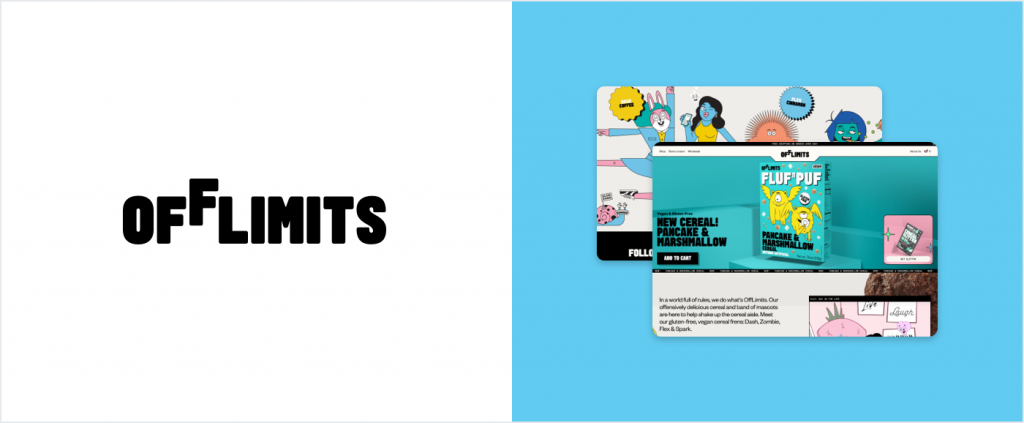
OffLimits Cereal
Gamification
CEO & Founder of OffLimits, Emily Miller is innovating cereal culture. OffLimits brings back some of what we loved about cereal as kids but appeals to the minds and palettes of adults. The cereal itself is plant-based, gluten-free and boasts nothing artificial in the ingredients and the branding is big, bold, and self-described as defiant.
The interactive website has games built into the user experience including ISpy games on every product page, chatbots for chatting away with each of the unique mascots, and several easter eggs and surprises throughout the site for visitors to find. Plus, every purchase earns cereal buyers tickets that can be redeemed for prizes on the site, reminiscent of the days when every cereal box had a toy at the bottom.
So, what can we learn from all these incredible DTC Food Brands and their marketing strategies? Finding your niche, innovating in the space, and creating avenues to really connect with your community are the way to achieve success.
If these ideas got your wheels turning and you want help building or optimizing an innovative and effective marketing strategy for your brand? Let’s chat.






